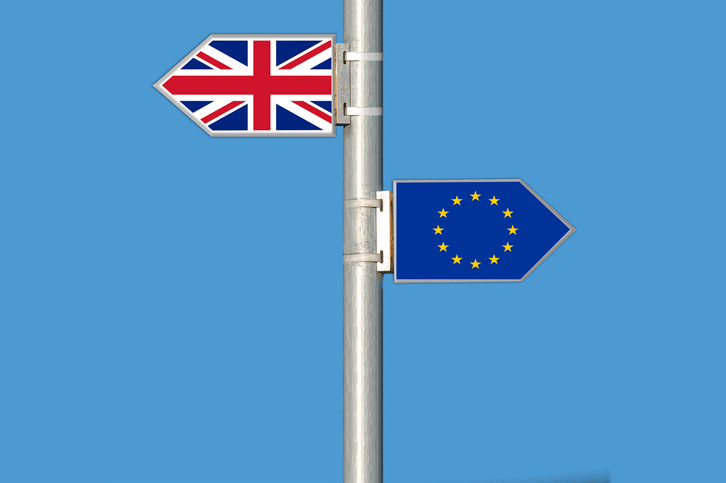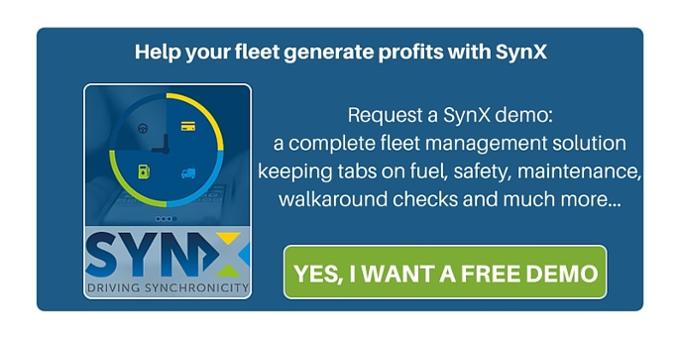
After the Brexit vote and the results, everyone is looking at how this will impact the UK’s economy, Ireland’s and the economic effect on the rest of the EU countries. There were many ongoing discussions before the vote, between people in favour or against, hypothesizing different scenarios; and according to a UK survey carried out in the fleet industry by Fleet News and published in March, 61% were confident that their ‘bottom line’ would not be negatively affected, while the rest (39%) thought fleet costs would undoubtedly increase in the event of a Brexit.
Now that the electorate have expressed their preference and the Brexit starts to become a reality, there are apparently two factors that seem to worry fleet industry operators and those who belong to the automotive sector: the current terms for vehicle manufacturers allowing components and vehicles to be imported/exported freely and the fall of the value of sterling, which might force fuel prices to increase and, therefore, global fleet costs (for both these stated reasons).
Everything will now depend on the negotiations of post Brexit agreements conducted by the UK; but among the experts of the sector, some claim that it will be extremely hard to negotiate the same beneficial conditions the UK enjoyed as an EU member.
The UK government is currently being pressured to close a deal which would protect the automotive sector and guarantee conditions that allow access to the European market without paying tariffs. But, indeed, the risk for new costs and increased bureaucracy is very high for fleet operators and for the whole automotive sector, while for the economy as a whole it could lead to uncertainty and high instability.
David Wells, chief executive for FTA UK, made this statement after the Brexit results in Fleet News: “Even though we are coming out of Europe politically, it remains our biggest export market and the supplier of a high proportion of our imports. We cannot allow new bureaucratic burdens to hamper the efficient movement of exports heading for customers and imported goods destined for British consumers. [...] The Government has two years to ensure the conditions currently imposed on other non-EU member states such as Albania and Serbia are not imposed on UK freight flows. Norway and Switzerland have better arrangements but have accepted tough conditions including the free movement of people, so this will be a difficult negotiation.”
To learn about the consequences for Irish hauliers due to Brexit, see our blog post here.





